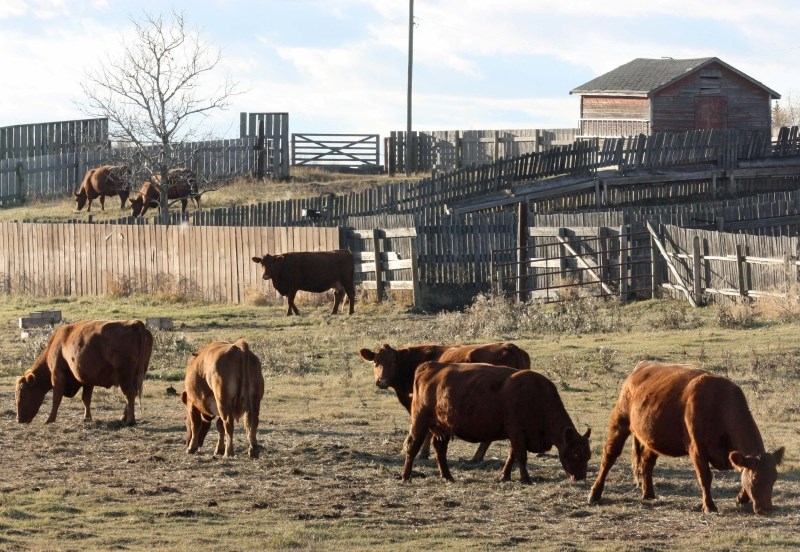Verlyn Olson, Alberta's Agriculture Minister, visited Chicago this past week and met with American meat-packers to rally support against the United States mandatory country of origin labeling (COOL) rules.
Canadian Agricultural Minister Gerry Ritz and government representatives from Saskatchewan and Manitoba accompanied Minister Olson on his trip.
“We wanted to let (American meat-packers) know that we are supporting them. They are the portion of industry down there that has started a lawsuit against the U.S. government because of the what the COOL rules are doing to them,” said Olson, in an interview with the Nouvelle.
“We were down there to support them, to encourage them and to tell them how it is impacting us. Our beef and pork industry is probably losing over a billion dollars per year.”
Most countries have country of origin labeling, however those in Canada against the rules argue they will cost the Canadian beef industry extra money.
“What the United States has is mandatory. There are set warnings that they have to have and the segregation of that is where the hiccup comes because it discounts Canadian and Mexican and offshore product,” said Gordon Graves a local cattle farmer and Alberta Beef Producer Zone 8 delegate.
“Canada has COOL but it is basically whatever the wholesalers and retailers want to put on it. There is nothing legislated,” said Graves.
Olson's main message is that Canada is serious about retaliations. He said the federal government has been considering putting heavy tariffs on products coming into Canada from the United States.
“I think there might be a perception in some circles in the United States that Canadians are too nice to retaliate,” said Olson. “One of the strong messages we gave to the people down there was that we are serious when we say we will retaliate. This will have some serious impact on American business. I think 38 states have Canada as their largest trading partner.”
Last June, Minister Ritz came up with a list of prospective retaliatory measures that the government is currently considering.
Olson said he was unsure whether or not the government was going to use them, saying that they are still trying to bring attention to the mandatory COOL rules and get the U.S. government to make changes. The rules are part of a U.S. farm bill, which is currently being discussed in congress.
“If we can't get any action, there is really nothing left for us except to take those kinds of (retaliatory) steps. We felt it was time to make sure they knew we were serious when we say that,” said Olson.
Graves was appreciative of Olson for making the trip but feels he talked to the wrong people.
“All he had to do was check with the Alberta Beef Producers and the Canadian Cattlemen's Association because we have been lobbying the (U.S. meat-packers) long and hard since the COOL (issue) started about seven years ago,” said Graves.
“What he should have been doing was going to Montana, Idaho, the Dakota's, where they have a stronghold and they have the political ear,” Graves said. “Tysons Foods has shut the door to Canadian beef which means that for two days a week that place is black and it doesn't take a lot less than that to put it to the point where they can't justify having the doors open at all. In that case the American Cattlemen lose. That should have been pointed out to them.”
Olson said he is unsure what will happen next, but plans to keep pushing changes to the mandatory COOL rules until changes are made.



